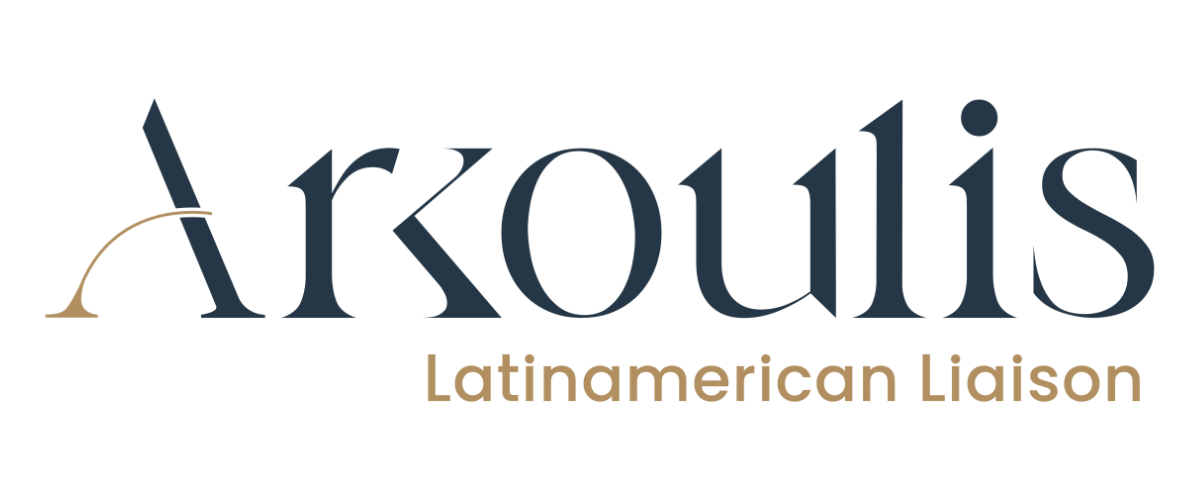Inicio ← ARKOULIS Today
Synopsis Webinar «Jurisprudential Advances in Competition Matters in the Latin American Region»
The development of new technologies allows the development of the law and its platforms to be conditioned to progress and advancements. Within the concepts that include cases that generate different legal opinions, we find in matters of jurisprudence on competition, the case of Uber in Colombia; which arose due to a social problem related to the use of taxis and their traditionalism, in terms of use and driving customs and payment methods, possibility of choosing a driver, safety, among others. This judgment, gathered as an evaluative premise, the guarantee to the freedom of users, the right to access to the benefits of scientific and technological progress, as the basis of arguments that validate the commercial entry of Uber, its business model, policies, leasing rules and, above all, safety.
The Colombian Supreme Court, in its decision, agreed to grant and validate the legal value of freedom, as a factual and legal basis for the operative part of the judicial adoption, giving the user the ability to discern, choose and make decisions. At the same time, it grants this freedom in the sense that users may choose to use conventional cabs, thus giving the user respect and consideration for a possible commercial custom that has been rooted for a long time, and in this way not to restrict commerce and economy.
In the common regional system of laws, adopted by a constituted power, such as Congresses and Assemblies, the laws are flexible in terms of modification, reform or repeal, because of economic, social and cultural conditions. However, in other systems, such as the Anglo-Saxon, constituted by parliaments and legislative chambers, the law is modified depending on the jurisprudence adopted in specific cases, dictated by Constitutional Courts or Supreme Courts of Justice, thus shaping the exercise of effective judicial practice.
Unfair competition, as such, reflects itself in the state of the powers that companies exercise in their markets. In the case of Chile, with the decision of the Court of Appeals of Valdivia, the appeal filed by the company NotCo, in which the Court of Appeals revoked the judgment in favor of the Association of Milk Producers.
The Court of Appeals of Valdivia, making factual and legal reference to active legitimacy as a basis for the revocation, argued that the words «NotMilk» reflect an advertisement for the market in general, and do not constitute, according to article 3 of the Chilean Unfair Competition Law, an advertisement that diverts the consumer from its market. The case will be submitted to the Supreme Court, which will rule in accordance with the law, thus resolving the matter.
In the context of reforms of secondary laws, codes and special laws, the Constitution, as the governing body of the legal system, may be modified and reformed in the same way, according to events and circumstances that require compliance with the guarantees and rights related to scientific and technological progress,
A fact that happened in Mexico, which gives full guarantee to the user to enjoy the benefits granted by technology and its advances.

